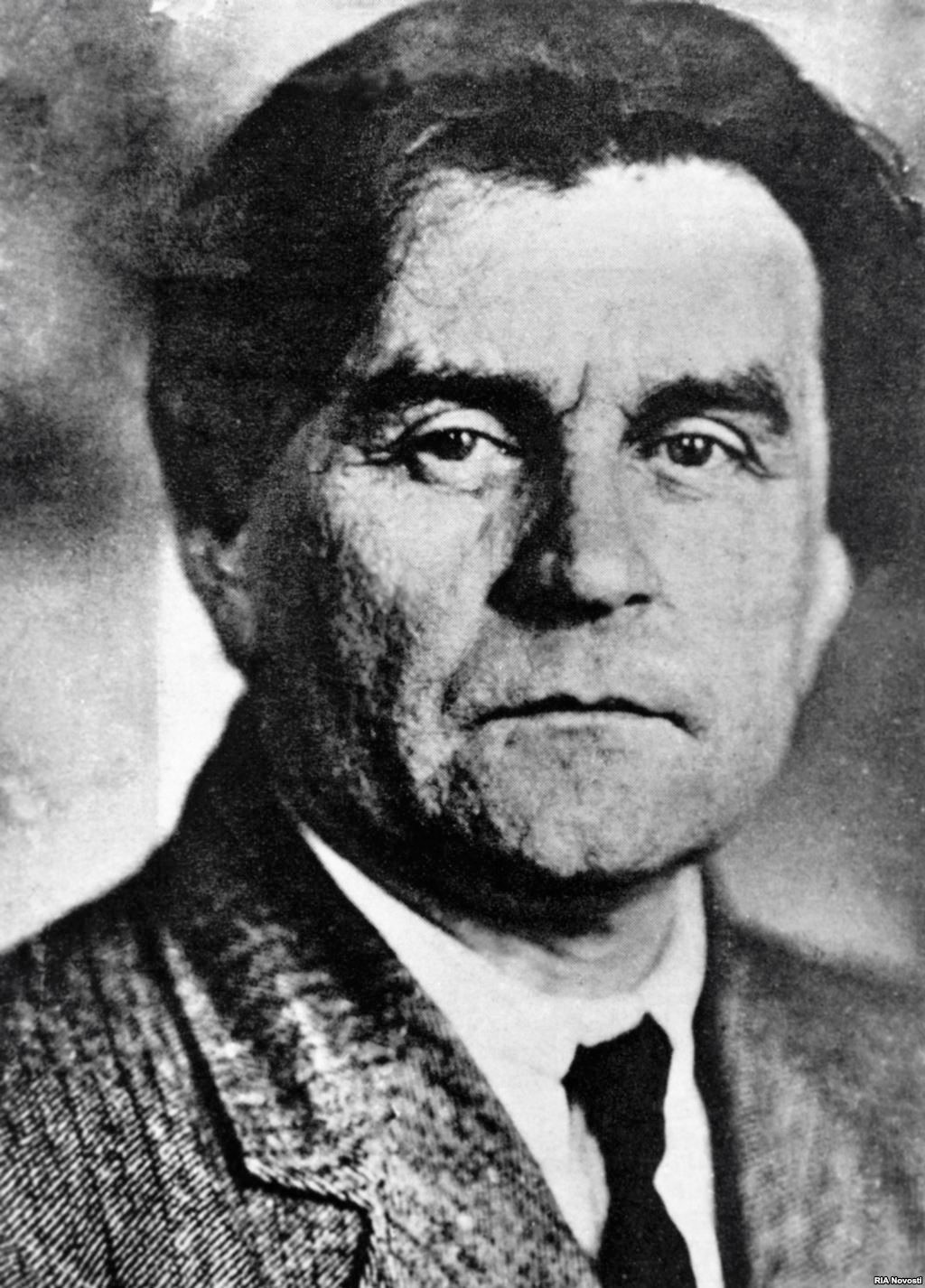“I paint energy, not the soul.”
Quote of Malevich, 1924, in: 'Khudozhniki na dispute ob AKhRR', in 'Zhizn,' iskusstva 6 (transl. Todd Bludeau); as quoted by Vasilii Rakitin, in The great Utopia - The Russian and Soviet Avant-Garde, 1915-1932; Guggenheim Museum, New York, 1992, p. 27
1921 - 1930
